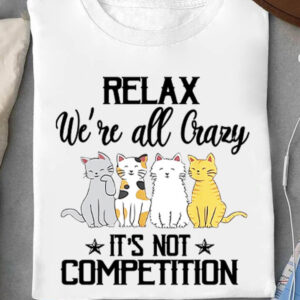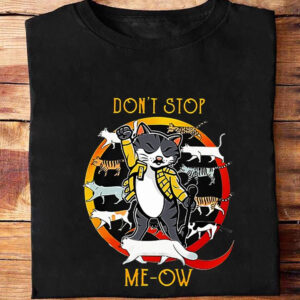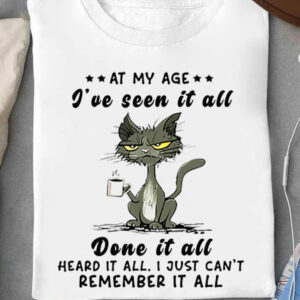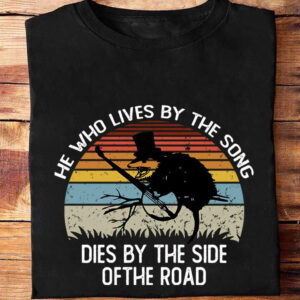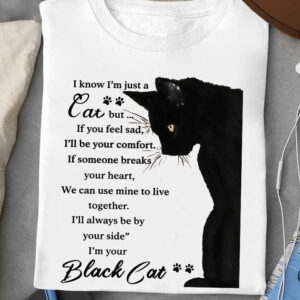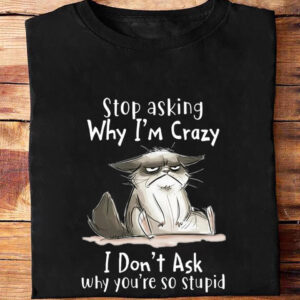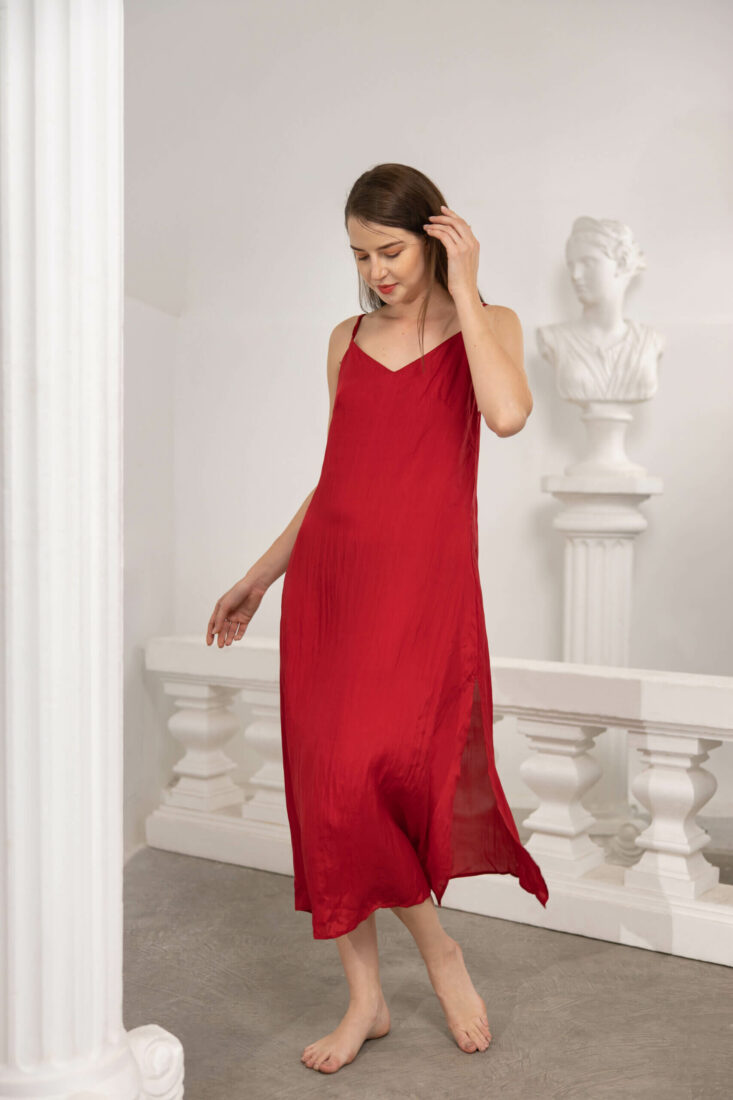It’s Not A Dad Bod
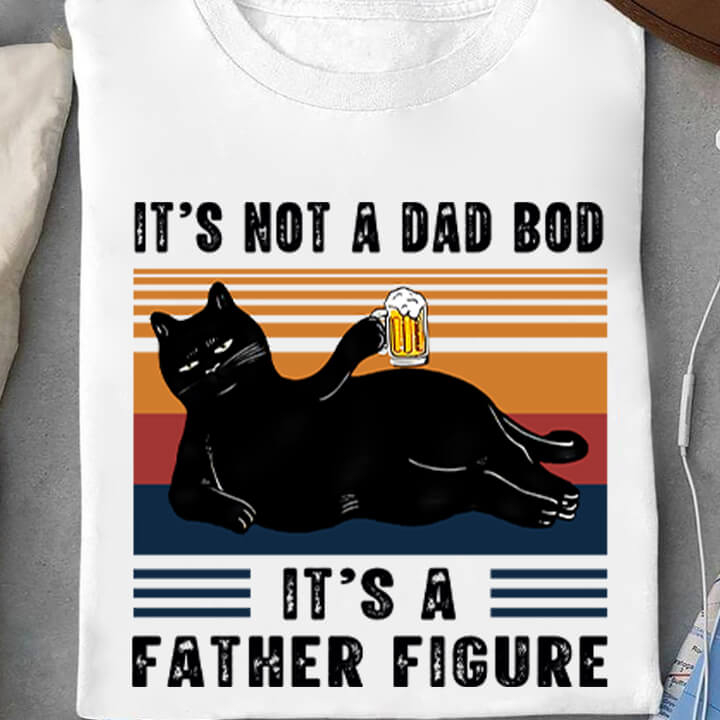
Table of Contents
- Introduction
- Defining Dad Bod
- Evolution of Body Ideals
- Health Implications
- Embracing Dad Bod: The Rise of Body Positivity
Introduction:
The term “dad bod” has gained significant popularity in recent years, often used to describe a physique characterized by a slightly overweight or out-of-shape appearance. However, it is important to challenge the negative connotations associated with this term and recognize that it does not necessarily indicate poor health or lack of fitness. In this article, we will delve into the concept of dad bods, explore their evolution in society’s body ideals, discuss the potential health implications, and highlight the rise of body positivity movements embracing diverse body types.
Defining Dad Bod:
The dad bod is typically described as a physique that combines some level of muscularity with a layer of softness or excess weight. It is often associated with men who have become fathers and may prioritize family responsibilities over strict fitness routines. The term gained popularity in 2015 when a college student’s article praising the attractiveness of dad bods went viral.
While the exact definition may vary, dad bods are generally characterized by a slightly rounded stomach, less defined muscles, and an overall relaxed appearance. It is important to note that not all men with dad bods are fathers; the term has expanded to include any man who embodies this physique.
Evolution of Body Ideals:
Society’s perception of an ideal body has evolved significantly throughout history. In ancient times, larger bodies were often associated with wealth and prosperity, as they indicated access to abundant food resources. However, during the Renaissance period, there was a shift towards valuing slimmer physiques as they were seen as more aesthetically pleasing.
In recent decades, media and advertising have played a significant role in shaping body ideals for both men and women. The rise of fitness culture in the late 20th century emphasized lean and muscular bodies for men. This emphasis on chiseled abs and well-defined muscles created unrealistic expectations for many individuals.
However, societal norms are gradually shifting towards embracing diverse body types. Body positivity movements have gained momentum in challenging traditional beauty standards by promoting self-acceptance regardless of size or shape.
Health Implications:
While it is essential to challenge negative stereotypes surrounding dad bods, it is also crucial to consider potential health implications associated with carrying excess weight or being out-of-shape.
Physical Health:
Carrying excess weight can increase the risk of various health conditions such as heart disease, diabetes, high blood pressure, and certain types of cancer. It is important for individuals with dad bods to prioritize their physical health by engaging in regular exercise, maintaining a balanced diet, and seeking medical advice when necessary.
Mental Health:
Body image concerns can significantly impact mental health. Men with dad bods may experience body dissatisfaction or face societal pressure to conform to unrealistic body ideals. This can lead to low self-esteem, anxiety, and depression. Promoting body positivity and embracing diverse body types can help alleviate these mental health challenges.
Embracing Dad Bod: The Rise of Body Positivity
In recent years, there has been a significant shift towards embracing diverse body types and challenging traditional beauty standards. Body positivity movements have gained traction on social media platforms, promoting self-acceptance and inclusivity.
The rise of the “dad bod” as a celebrated physique is an example of this shift. Many individuals find the dad bod attractive because it represents authenticity, confidence, and a focus on priorities beyond physical appearance.
By embracing the dad bod and promoting body positivity for all genders, we create a more inclusive society that values individuals based on their character rather than their physical appearance alone.
Q&A
Q: Is having a dad bod unhealthy?
A: Not necessarily. While carrying excess weight can increase the risk of certain health conditions, it is essential to consider overall lifestyle factors such as diet and exercise habits rather than solely focusing on appearance.
Q: Can someone with a dad bod be fit?
A: Absolutely! Fitness levels are not solely determined by outward appearance but also by cardiovascular endurance, strength levels, flexibility, etc. A person with a dad bod can still engage in regular exercise routines that promote overall fitness.
Q: How do I embrace my dad bod?
A: Embracing your dad bod starts with self-acceptance and recognizing that your worth is not solely determined by your physical appearance. Focus on overall health, engage in activities you enjoy, surround yourself with positive influences, and practice self-care.
Common FAQ
Q: Can I still be attractive with a dad bod?
A: Absolutely! Attractiveness is subjective and varies from person to person. Many individuals find the dad bod attractive because it represents authenticity and confidence.
Q: Are there any fashion tips for men with dad bods?
A: Dressing well can boost confidence regardless of body type. Opt for clothes that fit well, highlight your best features, and make you feel comfortable. Experiment with different styles to find what suits you best.
Q: How can society promote body positivity for all body types?
A: Society can promote body positivity by challenging unrealistic beauty standards portrayed in media, celebrating diverse body types in advertising campaigns, promoting inclusivity in fashion industry practices, and educating individuals about the importance of self-acceptance.
In conclusion, the concept of the “dad bod” should not be viewed negatively or as an indicator of poor health. It is essential to challenge societal norms surrounding body ideals and embrace diverse representations of beauty. By promoting body positivity for all genders and focusing on overall health rather than appearance alone, we create a more inclusive society that values individuals based on their character rather than their physical attributes alone.
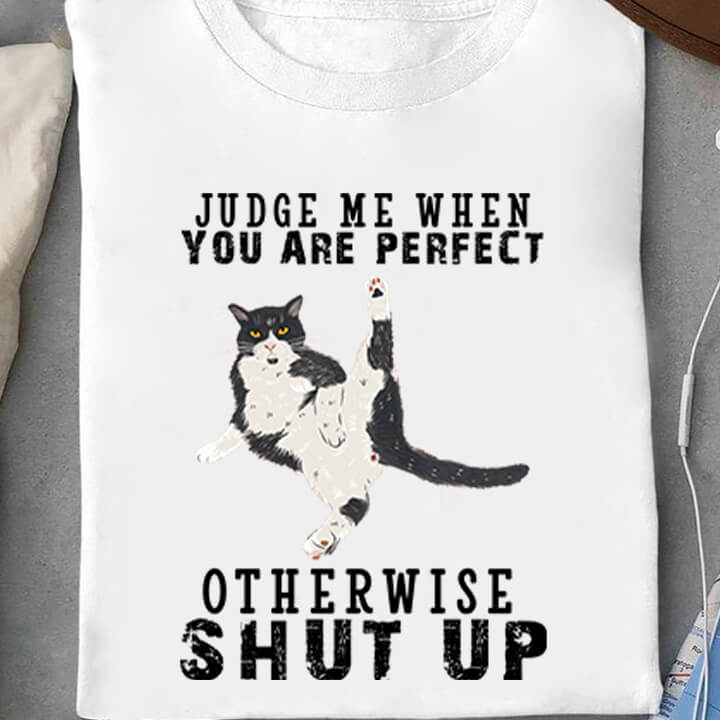
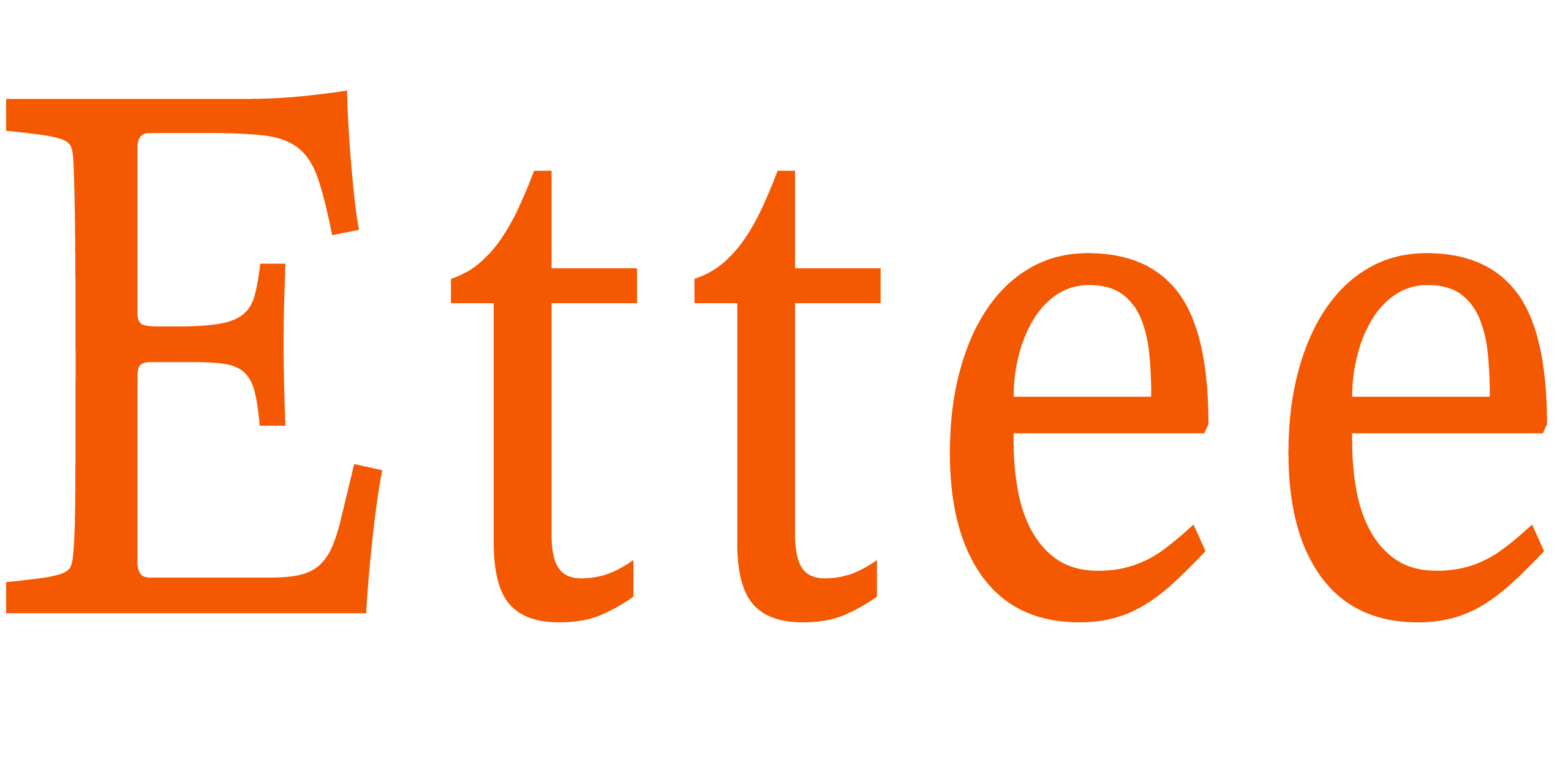
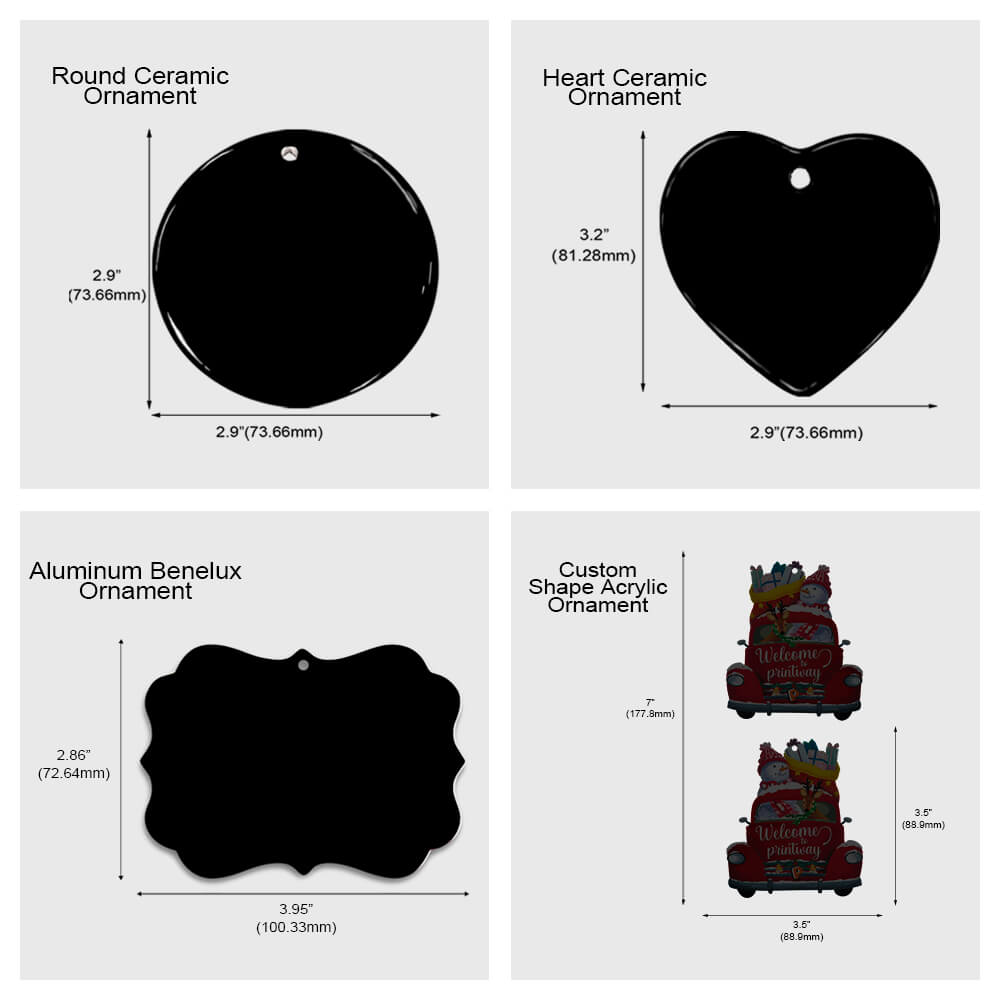
 [/accordion-item]
[/accordion-item]





 Proudly manufactured in the USA. Experience the exceptional quality and craftsmanship that comes with American production.
Proudly manufactured in the USA. Experience the exceptional quality and craftsmanship that comes with American production.
